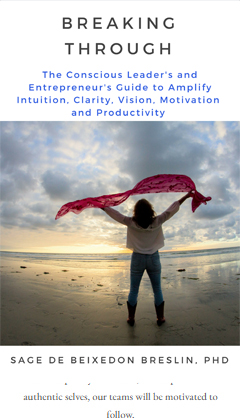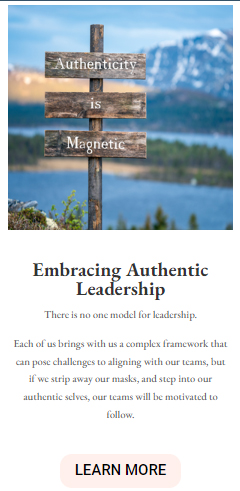Boundary Setting
Many of us share the belief that if our relationship is truly healthy and loving, we don’t ever have to set boundaries with one
another. Unfortunately, that particular fantasy can get us in a LOT of trouble!
Boundaries constitute the guidelines for the relationship. They help us understand where we stop and the other person begins. Boundaries provide us with personal privacy, since not every experience is something we share in the relationship. Boundaries need not be harsh- they are simply indicators for what is healthy for our function, as well as for the function of the relationship.
Many people grew up in homes or with early relationships in which personal boundaries were not recognized. Relationships in which there is significant expression of control over others, or in which there is physical, emotional or sexual abuse of others, promote boundaryless survival. When those who have grown up with this dynamic enter adult relationships, setting and maintain boundaries is often unfamiliar, and can even be scary. Many who have been denied boundaries in their early years were also threatened that if they attempted to set boundaries (for instance, with a perpetrator or highly controlling parent), negative consequences would ensue. In adult relationships, the mere existence of boundaries may leave these survivors with a sense of dread.
Within the population that grew up without boundaries, or was exposed to ambiguous boundaries, there are many individuals who develop Borderline Personality Disorder. This personality structure typically develops as a result of exposure to invalidating environments in which the individual is both required to assume power and responsibility but also criticized for efforts to do so. As a result, the individual learns to express control, but also comes away with the feeling that no matter what s/he does, it won’t be right or good enough. The individual’s world becomes polarized and those around him or her are experienced as either all good or all bad. The emotional intensity is expressed as interpersonal drama, with severe highs and lows. Frustration tolerance is very limited, and the experience of boredom can be excruciating. And, the experience of interpersonal boundaries of any kind is experienced as rejection and abandonment, eliciting extreme rage, especially at loved ones.
Both individual and couples counseling can provide an opportunity to look at these elements in a loving environment. New therapies such as Dialectical Behavior Therapy can provide new hope for those with Borderline Personality Disorder as they access more personal empowerment and learn how to have relationships with others, that are satisfying and based on healthy foundations rather than archaic invalidating ones.
Negotiation
It strikes me as odd that when we are in the workplace, we don’t expect others to read our minds. We don’t actually believe that we’ll enter the boardroom and others will simply bow down and do whatever we say. The idea that we’d walk into an acquisition or a contract negotiation and simply ask for what we desire, and get it, is, for the most part, preposterous.
So, why then, do we expect our intimate relationships to function in drastically different ways? While we may have significantly greater affection for and maybe more experience with our intimate partners than we do with our colleagues, the actual function of love relationships is not all that different than those in the workplace.
While certainly we might like our partners to read our minds, and give us what we desire, even if we don’t ask for it, the chances of that are really pretty slim. In intimate partnership, there exists two separate and unique individuals. We each have our own minds, preferences, goals and dreams. Coming together in relationship, is much like the union of two great rivers. Two rivers, moving swiftly down parallel paths, begin to move towards one another. And, when those two rivers meet, the massive churning, crashing, tumult is nothing less than extraordinary- perhaps even a little scary. But quickly, the turmoil settles and the rivers have joined into a single, strong body- perhaps with elements of each of the individual rivers, but now unified into something greater than either.
Marriage and intimate partnership are really no different. We cannot expect a sweet, peaceful union without some really bumps along the road, and without considerable negotiation. What’s that you say? Negotiation? This isn’t a business deal! This is LOVE! OK, grow up. Love isn’t enough to make or maintain a relationship. Love requires constant negotiation and collaboration.
Couple’s consultation and coaching can provide both instruction and role playing in the art of negotiation. Together, we develop scripts, explore various communication styles, and practice negotiation, so that when you leave, you take with you all that you need to navigate and negotiate through whatever treacherous waters you enter.









